They say beauty is only skin deep, but understanding your skin and its microbiome promises to reveal profound insights into your skin health. It’s well known that your skin is the largest organ of your body. Laid flat, the average adult’s skin would cover about 2 square meters – about the same as a large picnic blanket.
Amazingly, your skin carries more than 1,000 species of bacteria, fungi, and other microorganisms living on its surface. Even the largest Zoo couldn’t boast such variety. Like our own Earth, your skin is made of different biome types, providing different habitats for bacteria and other organisms. The warm, humid rain forests of your armpits are quite different from the dry, rocky tundra of your heels. Similarly, the oily, sebaceous gland-rich skin of your ‘T-Zone’ is quite different from the skin of your cheeks. Unsurprisingly, different kinds of organisms have affinities for these different environments.
What’s more, these tiny cutaneous stowaways are present in incredible quantities. Counting just the bacteria, there are about 100 billion living on your skin. This is roughly the same as the number of stars in our Milky Way and about half the number of epidermal (skin) cells you have. Of course, your cells are much larger, but that doesn’t diminish the critical importance of these microscopic creatures. In the right balance, the collection of microorganisms on your facial skin protects it from harmful bacteria, maintains an ideal pH, secrete vitamins, and might even stimulate the production of collagen and hyaluronic acid.
Indeed, we couldn’t live a day without our microbiome!
Unsurprisingly, our skin and its microbiome should have such a positive relationship given our long partnership together, as over millions of years, they’ve evolved alongside us. Science shows us that what is good for our microbiome is good for our skin and vice versa. Also, your gut and skin microbiomes are closely connected. Closer than you think, via your bloodstream, so good gut health is vital to good skin
health.
Abnormal changes in the composition of our skin’s microbiomes can be detrimental. For example, too much of the bacteria Cutibacterium acnes can, as the name suggests, lead to acne – affecting nearly 1 in 10 people worldwide. Too many fungi and sensitive skin or dandruff could be the result. In this sense, our skin’s microbiome can be thought of as a mirror of our inner health. For example, links between an unbalanced microbiome, stress levels, and skin conditions like acne and psoriasis are well known. But how can you know whether a skin condition is down to your microbiome or some other cause? And what if we could learn more about our holistic health by understanding our own skin microbiome?
Did you know that your skin microbiome has a symbiotic relationship with your immune system? It helps educate and fine-tune the immune response, keeping it in check and preventing unnecessary inflammation or allergic reactions.
Did you know of skin and mind connection? Emerging research suggests a connection between the skin microbiome and mental health. The skin-gut-brain axis hypothesis proposes that gut and skin microbiota imbalances can impact mental well-being, potentially influencing conditions like anxiety and depression.
Did you know your environment affects the skin microbiome? Climate, humidity, UV exposure, pollution, and skincare product use can alter the skin’s microbial composition.
Yes, the choice of personal skin care matters! The products you use daily on our skin can influence the skin microbiome. Harsh soaps, antimicrobial agents, and excessive use of antibiotics can disrupt the natural balance of microorganisms, highlighting the importance of gentle and microbiome-friendly skincare practices.
Discover your skin’s unique microbial composition
The tricky part has, in the past, been in characterizing our individual microbiomes. To do so requires DNA sequencing the microorganisms on our skin to identify them, but this wasn’t easy. The first attempt took 13 years to sequence just one human genome. However, nowadays, a human genome can be sequenced in a matter of hours. DNA sequencing is increasingly affordable and rapid, and, for the first time, skin
microbiome sequencing is available in New Zealand.
The more you know about your skin, the healthier it will be!
Everyone who wants to take their skin healthcare to the next level can quickly provide a skin swab sample to be tested. In what promises to be a revolutionary development, this biotechnology empowers you to take charge of your own skincare by giving you information on the unique composition and status of your own individual facial skin microbiome and the tools and knowledge necessary to care for your skin by nurturing its microbial friends. In so doing, it takes the guesswork out of what skincare ingredients are best for you. It eliminates trial and error with customized products created for your own facial skin’s unique health needs, your lifestyle, and your environment.
At home skinara® Skin Testing Kit will revolutionize the way you take care of your skin. Discover your microbiota and understand your skin type. See and feel the difference using products designed for you. This test is for anyone who wishes to improve and maintain the health of their skin. Quizzes or questionnaires cannot define skin types or conditions. Now for the first time, customers have full skin microbiome testing available. The test results help our customers improve skin hydration and lipid content, decrease inflammation, slow down aging, promote repair and protect against pathogens. The microbiome analyses can help with a wide range of complaints, including dry or oily skin conditions, redness, sensitivity, breakouts, acne, dermatitis, or diabetes-related skin conditions.
Check out skinara® Skin Testing Kit for microbiome analysis
Article by BSc. MSc. Ph.D Richard Claybom


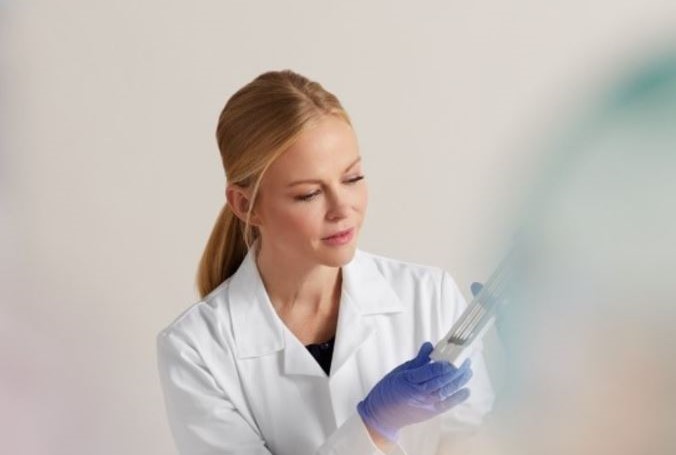
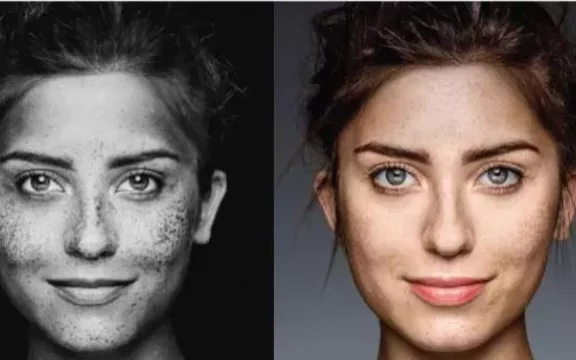


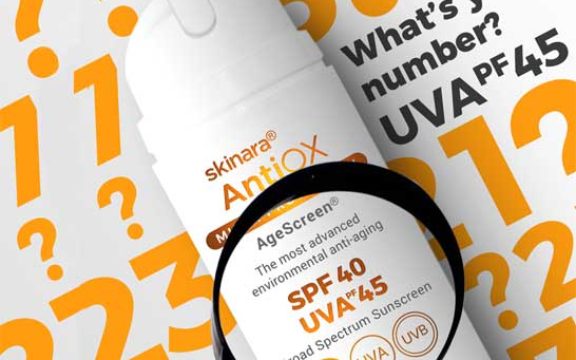


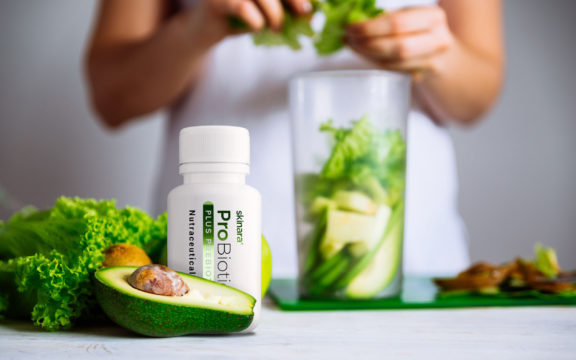


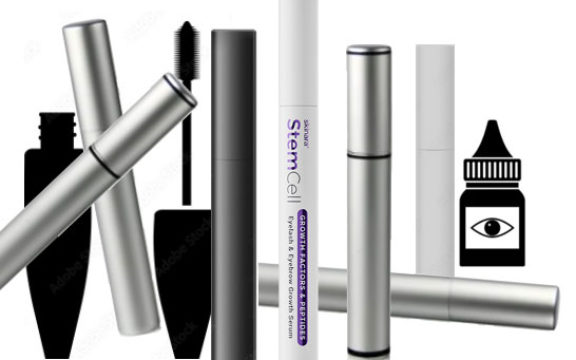
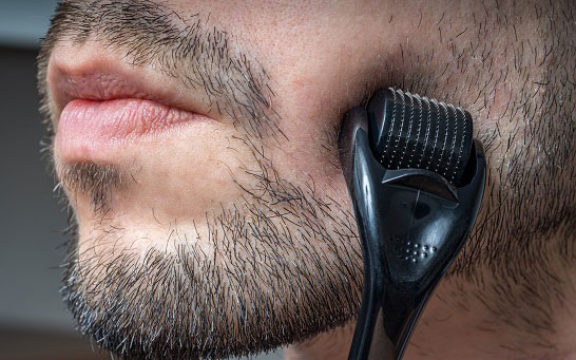
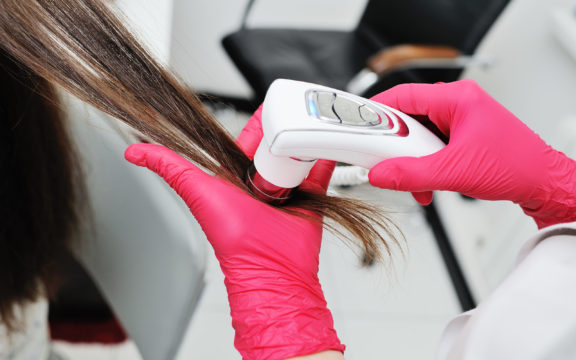



You must be logged in to post a comment.